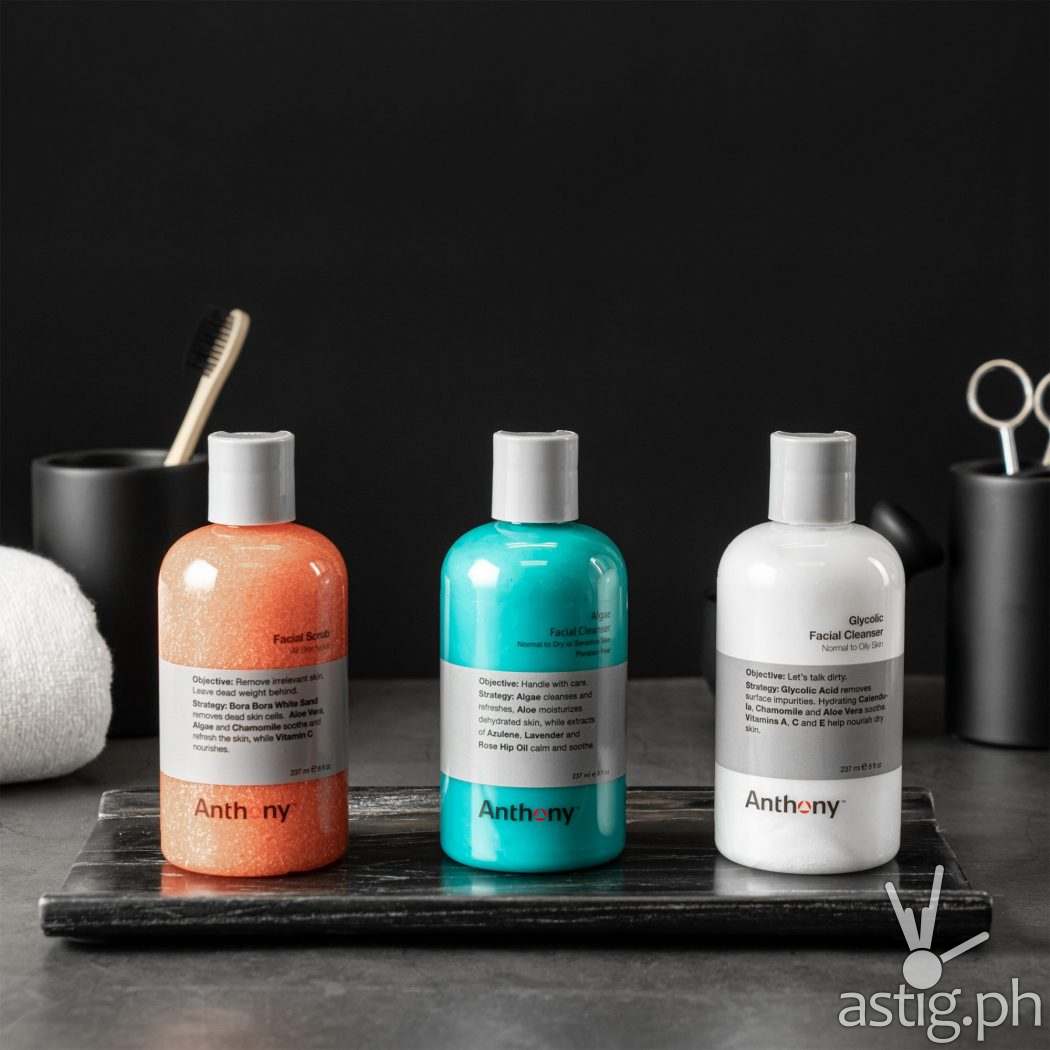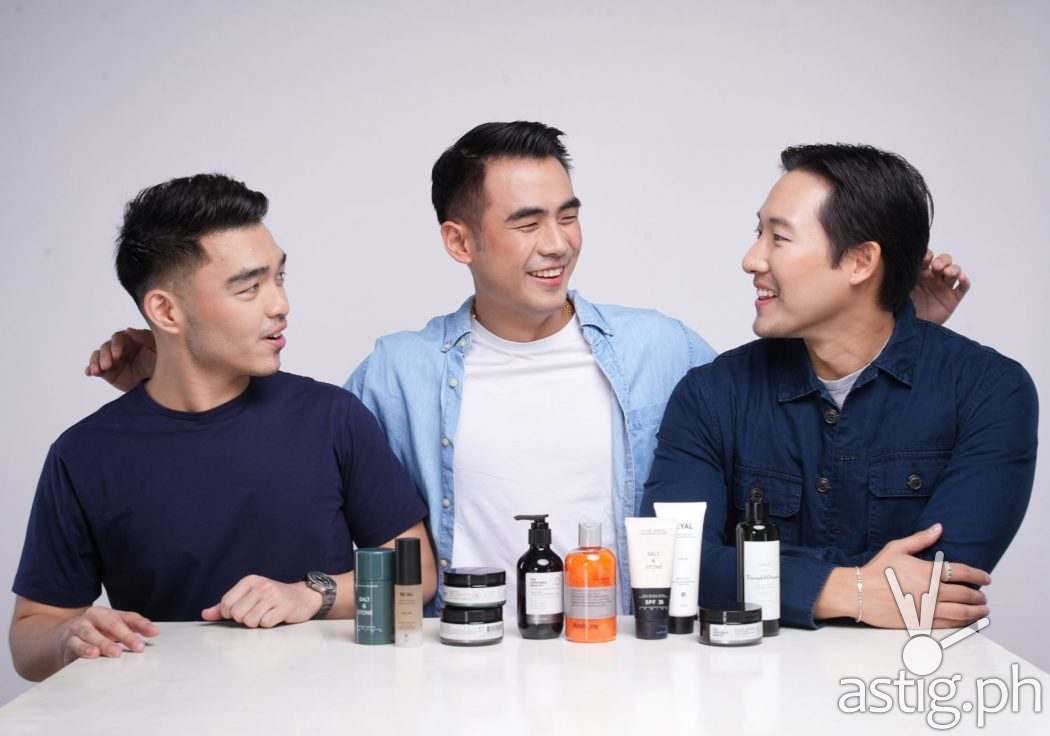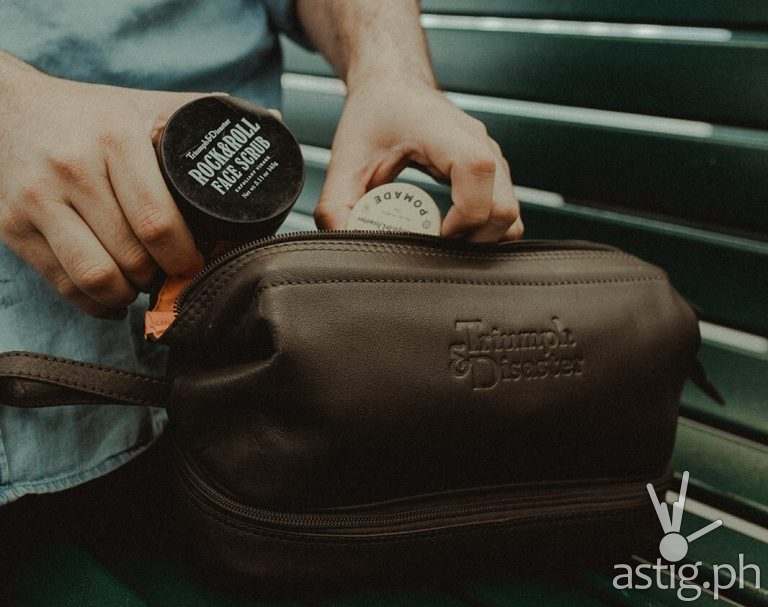MANILA, Philippines – Until recently, men have been told that they don’t need to take care of their skin. Ever-changing trends and norms, especially among younger generations, have allowed the men’s skincare market to keep growing.
A report by research firm Grand View Research showed that the global market for men’s skincare products was valued at $11.6 billion in 2019. By 2024, this is expected to reach $81.2 billion according to another report by Statista. Overall, its average growth rate is projected at 6.2 percent from 2020 to 2027.
Considering men have thicker and oilier skin than women, this ushered in a whole other market for products that catered to their distinct needs. Social media has been one of the main drivers for this demand, helping increase awareness and acceptance among men that having their own products is a must too.
“Men also need to take care of their skin. Luckily, more men now know that soap or their partner’s products are not enough. Plus, it doesn’t just stop with skincare,” said Burt Chua, one of the founders of Doppkit, a men’s grooming and skincare retailer. “There’s been a shift in attitudes towards male grooming and hygiene in general.”
From basic toiletries, men’s personal care products have expanded to include shave care, cleansers, hair stylers, and more. Shave care held the largest share of 32.7 percent and is likely to keep leading till 2027.

The pivotal role of e-commerce helped increase product accessibility and options for men. Now, manufacturers are also exploring products like facial scrubs, moisturizers, and serums which are likely to gain popularity in the near future.
In 2019, Europe led the market with an almost 30 percent share of the overall revenue. Asia Pacific is expected to see the fastest market growth given its emerging millennial population.
However, one country has already been ahead of the game in the past decade. South Korea’s open market for beauty and cosmetic products accounts for the biggest male spenders globally. This 2022, its men’s cosmetics market is valued at ₩1.09 trillion ($839 million) and is set to reach ₩1.16 trillion by 2025.
When Korea’s outdoor mask mandate was lifted in May, shaving product sales went up by 476 percent. Sales for other grooming products like teeth whiteners and exfoliators almost doubled. Korean retailer CJ Olive Young also reported a 130 percent increase in basic skincare sales.
“We’re here for when the same thing happens to the Philippines,” remarked Chua. “Everyone’s going out and returning to work or school again, so people would want to look their best more often.”
With newer online marketplaces like Doppkit emerging locally, Filipino men can expect more products to be available to them. Founded in 2021 by Chua, along with his friends Kenneth Toh and Richmond Chong, Doppkit offers products and complete lines for anyone looking to build a regimen with quality brands.

“Doppkit takes the guesswork out of daily routines. Though we carry essentials mostly targeted at men, our products are not exclusive to them. That’s the way Doppkit levels the playing field for skincare and grooming—by making it easy and accessible for everyone,” said Chong.
“With women’s skincare and beauty products, it’s always been widely accepted that they have their own section anywhere, be it the department store or grocery. Men are less likely than women to stock up on cleansers and moisturizers, but that’s not to say some haven’t already started,” said Toh.
“We’re not there yet, but we’ll get to that point where men’s products will have their own aisle at the store,” he added.


